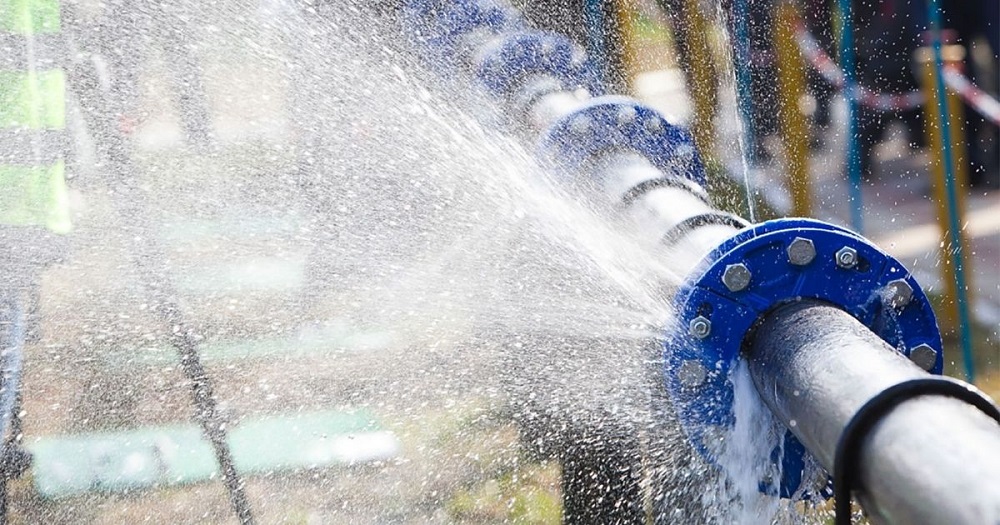RIO DE JANEIRO, BRAZIL – This amount would be enough to supply over 63 million Brazilians in one year. The data are from an unprecedented study by the Trata Brasil Institute.
Brazil wastes 39.2% of all the drinking water collected. This means that water does not reach its final destination: Brazilians’ homes. This wasted amount would be enough to supply over 63 million Brazilians in one year.

The data are from an unprecedented study by the Trata Brasil Institute, based on public data from the 2019 National Sanitation Information System (SNIS).
Since 2015, there has been a deterioration in Brazil with respect to water loss. Between 2015 and 2019, there was an increase of 2.5 percentage points in the amount of wasted drinking water.
The regions recording the highest losses are the North (55.2%) and Northeast (45.7%). Next are the South (37.5%), the Southeast (36.1%), and the Midwest (34.4%).
The number of Brazilian states with a water waste rate higher than the country’s average – 39.2% – amounts to 15. According to the study, the number is very serious, as the Brazilian average is alarming in itself. The states with the highest levels of wasted drinking water are Amapá (74%), Amazonas (68%) and Roraima (65%).
Among large cities, the negative highlights in the Distribution Losses Index are Porto Velho (RO), with 84% wastage, Macapá (AP), with 74%, and Manaus (AM), with 72%.
On the opposite end, the cities standing out positively are Santos (SP) and Limeira (SP), with only 12% wastage, and Blumenau (SC), with a little more than 16%.
In a ranking that compares waste among 10 Latin American countries, Brazil ranks 5th. Despite being halfway down the list, Brazilian waste – 40% when the metric is used to compare countries – is closer to the worst rated country, Colombia, with 46%, than to the best ranked (Chile, with 31%).
Édison Carlos, executive president of Trata Brasil, believes that wasting water, in times of pandemics and low rainfall, comes at a high price for society. “Trata Brasil has been studying the loss of drinking water for a few years and we are increasingly worried, because the numbers only worsen. By not attacking the problem, water and sewage companies are forced to look for more water in nature, not to serve more people, but rather to offset their inefficiency,” he says.
The study conducted by the Trata Brasil Institute also estimates that if the country were to reduce water losses it could have a net benefit of over R$27 (US$5.16) million in 15 years – until 2034.
According to Luana Siewert Pretto, the Brazilian Association of Sanitation Material Manufacturers’ (Asfasmas) institutional and governmental relations director, the solution to the problem involves several sectors.
“It involves better structured initiatives and greater efficiency of the sanitation systems, coupled with a more effective fight against water theft. In addition, investing in quality materials that support the water networks’ technical requirements more robustly and efficiently, ensuring fewer leaks and better use of water resources, is also essential,” she says.
Source: G1

